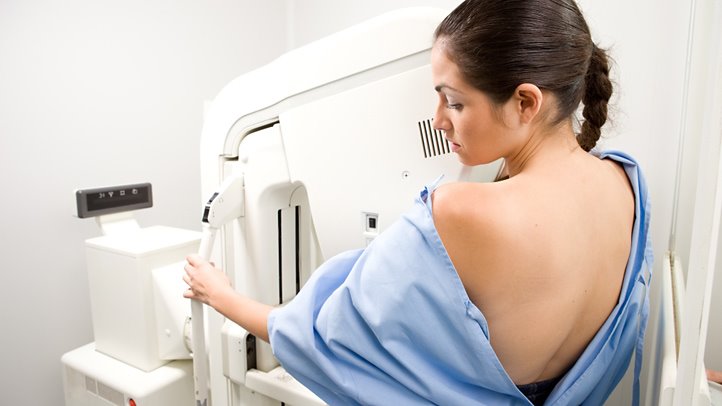Office Closing - January 1st, 2024
Breast Examination
Breast Exam vs. Breast Awareness
For years women have been told to do monthly breast exams. But studies suggest that these exams play a very small role in detecting a breast cancer when compared to other testing methods. The current recommendations are for women to be aware of changes in their breasts. If you sense, feel or see any changes you should contact your health care provider.
To help increase your breast awareness, use your eyes and hands to observe the look and feel of your breasts. If you notice any changes, contact your health provider.
Most breast changes detected by self exam have benign causes. These changes are often harmless cysts or tissue changes related to your menstrual cycle. But let your health provider know right away. If it is cancer, the earlier it’s found the better. And if it isn’t, testing can give you piece of mind. Eighty percent of breast lumps aren’t cancerous.


Clinical Breast Examination
A clinical breast exam (CBE), is a physical examination of the breast done by a health professional. Clinical breast exams are used along with mammograms and possibly ultrasounds to check women for breast cancer and other breast problems.
During a CBE, your healthcare provider checks your breasts’ appearance. You will be asked to lift your hands over your head, put your hands on your hips and press to tighten the muscle behind each breast. You will also lie flat on you back and put your arm above your head while the health professional checks your breast tissue.
A CBE doesn’t cause any discomfort unless your breasts are tender. There are no risks in having a CBE.
If a breast problem is found, the next step depends on the problem.
Cyclic breast pain, fibrocystic changes or cysts may be rechecked to see if they change or go away on their own. Cysts may be checked by ultrasound or aspirated.
A mammogram, MRI or ultrasound may be needed if a lump is found. A needle biopsy may be done to obtain a tissue diagnosis.
Nipple discharge may be looked at under the microscope for unusual cells.

